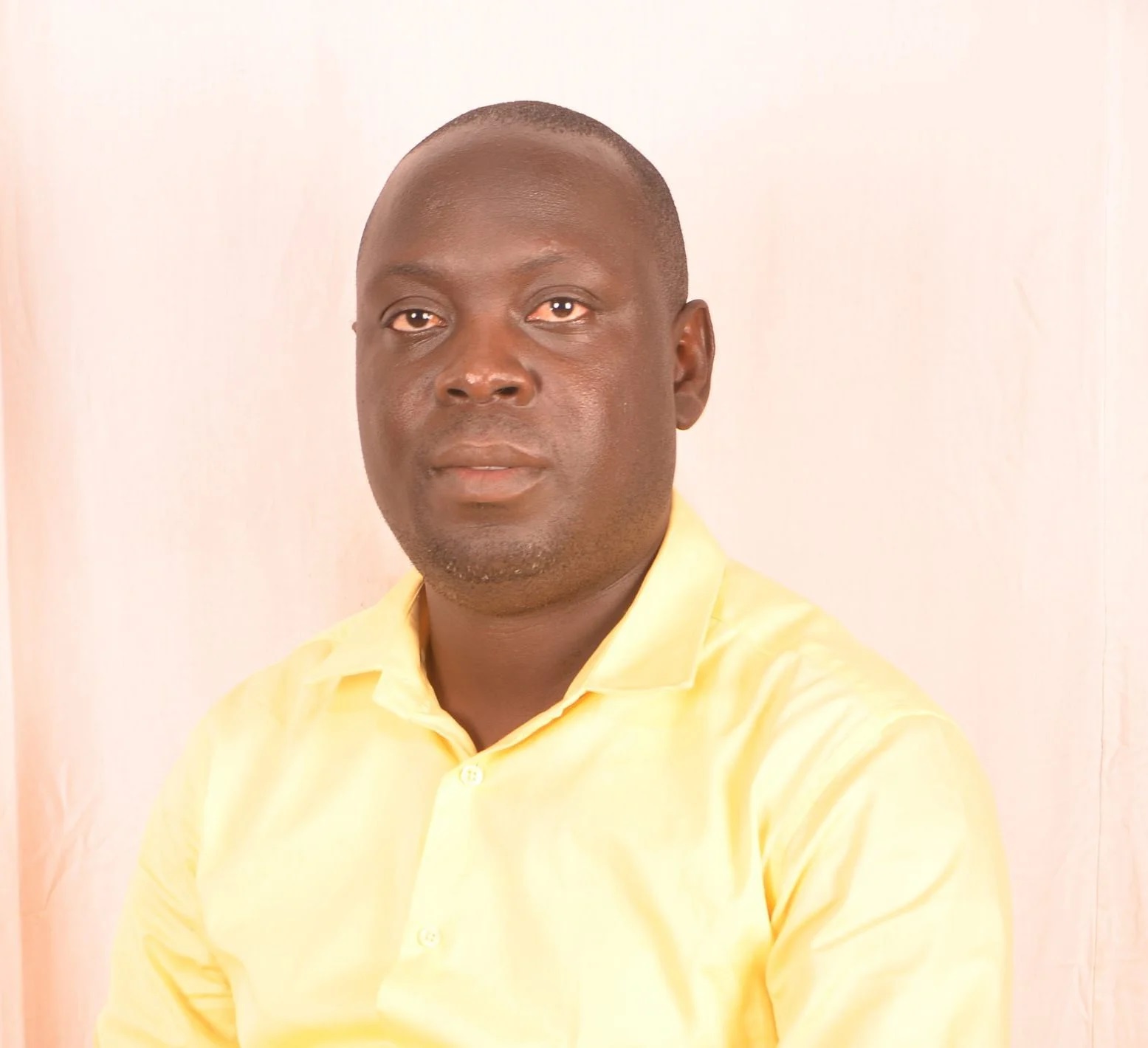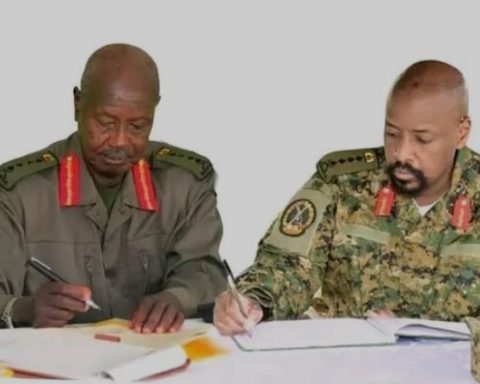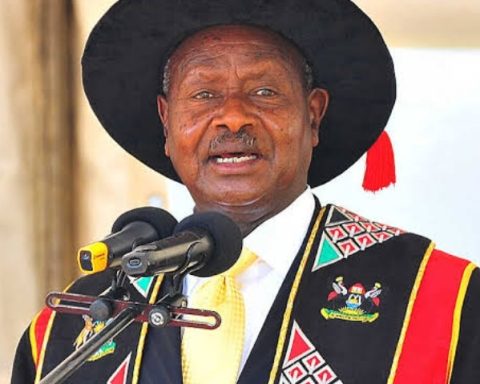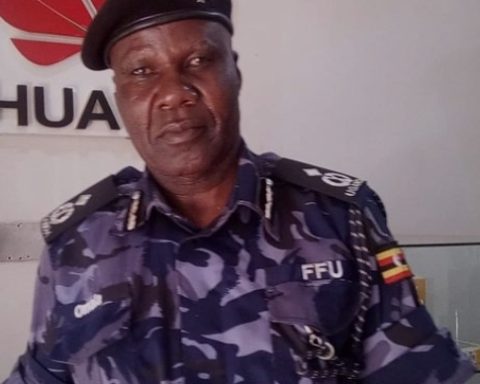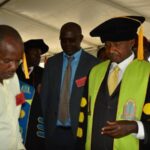By Faruk Kirunda
As we edge towards the sunset of the year 2024, the realisation that we are clocking into a year of heightened electoral activity begs closer interest. It will be five years since 2020, a year in which Covid-19 happened and disrupted life as we knew it including the season’s electoral programs. Each election cycle presents an opportunity to put into practice lessons and experiences garnered for a better electoral experience next time.
Hoping that we shall not have another pandemic in 2025, can we hope for better (organised) elections than we had in 2021? One area of interest is how to get more Ugandans to vote.
Ghana, a country touted as having a culture of healthy democratic practice in Africa held Presidential and Parliamentary elections on December 7, 2024.
Former President John Mahama won against Vice President Mahamudu Bawumia and ten other candidates, polling 6,328,397 votes (representing 56.55% of the valid votes cast) while Bawumia of the New Patriotic Party (NPP) garnered 4,657,304 votes representing 41.61%. Voter turnout was 60.9%.
Congratulations the people of Ghana for carrying through with another election. Each cycle should fortify the weak areas to make democracy more satisfying and realistic, to match contemporary demands of transparency and expectations of woke citizens.
When I first heard of results coming in from the Ghana elections, it was claimed that the winner had polled about 1.2million votes (out of a country with a population of 35million).
Had that been the case, it would mean that the Ghanaian President-elect would have been chosen by a 3.4% of Ghanaians. As it stands, H.E Mahama was elected by 18% of the population. Elections are a representative exercise, because at no time shall we have every citizen participating considering age requirements, time and other circumstances which keep some citizens off voting (willingly and unwillingly).
However, democracy and elections are increasingly cast into question due to the nonparticipation of a sizeable section of the population. Some stay away as a gesture of boycott, claiming that none of the contending parties reflects their interests while others say that nothing will change no matter who or what they vote. The disinterest and “defiance” is a political statement of its own much as they would wish to be considered as “inactive parties”. A major complaint in Uganda is of “disenfranchisement”.
Many Ugandans disenfranchise themselves. It’s very possible that such citizens are most vocal and disruptive on the sidelines of the governance question yet they disregard elections which are the best opportunity to make one’s voice heard on how they wish to be governed.
On account of the absence of a sizeable population in elections, democracy is yet to meet a standard that universally gratifies everybody’s aspirations. But it’s the more reasonable option for changing leaders.
Here in Uganda in 2021, voter turnout was 57.22% out of 18, 103, 603 registered voters. Total national population was around 45.8million.
Except in circumstances where a voter has died or when is indisposed on election day or, as in the case of security officers, when one is deployed far from where they vote from, it’s a great disservice to nation for one to skip elections without reasonable justification. It’s unpatriotic and irresponsible! Democracy is very delicate and costly when not treated well.
Most countries have paid heavily because of their people not taking electoral processes seriously. Ghana, like Uganda, had a turbulent post-independence era where elections were in short supply or when they were held, completely misrepresented the aspirations and interests of the people. As a result, Ghana saw bloody coup after bloody coup until in the early 1980s when stability was restored under Jerry Rawlings but regular elections didn’t get underway until 1992.
It was more of the same here in Uganda where elections prior to and immediately after independence were limited in many respects and left a sour test; then between 1971 and 1980, there were no elections and the ones of 1980 are widely infamously quoted. When President Museveni took power in 1986, it took ten years to have the first Presidential elections -which reflected the realistic will of Ugandans for the first time ever informed by point number one on the original NRM’s Ten Point Program which was Democracy.
Recalling the price paid for democracy to be restored, it’s up to every citizen to make our elections greater in terms of quality and quantity. Every election should teach us to prepare better for the next. How do we attract higher voter out? Civic/voter education and appeal to higher patriotism is one way.
Ugandans should cherish the gift of democracy and the right to decide who governs them and how. Greater involvement in elections translates to more decisive and acceptable outcomes.
This reduces chances of post-electoral violence and controversy as it would generally be agreeable that the will of the people has been established. Logistical losses are also minimised since things like ballot papers and boxes are preordered basing on registered voter figures.
Low voter turnout is a danger to democracy.
Stakeholders, key among which is the Independent Electoral Commission (IEC), political parties, civil society, media, academia; opinion, cultural, religious and community leaders; administrators of social media groups, development partners, family heads, celebrities, should form a stronger lobby to advocate for greater involvement of the masses in elections and the processes involved.
Even in America, in the recent Presidential elections won by the rebounding Donald Trump, voter turnout was 64%, down from 66% in 2020. What is the cause of voter apathy or timidity, and what can be done about it? Countries with highest voter turnout according to the International Institute for Democracy and Electoral Assistance (IDEA) are Equatorial Guinea at 98.4% (2022), Rwanda at 98.15% (2017), Turkmenistan at 97.17% (2022), Singapore at 93.55% (2023) and Togo at 92.28% (2020).
Discounting irregularities, higher voter turnout, in my view, is a measure of a successful election.
Looking at Haiti, Afghanistan, Nigeria and Mali featuring as the countries with the lowest voter out presupposes insecurity as a factor in keeping eligible voters at bay. Uganda is secure and stable. Therefore, all we need is to step up mobilisation and sentitisation for the voting population to rise to the occasion.
If it takes benchmarking, let it be done for the benefit of our democracy and to make every vote count!
The author is the Special Presidential Assistant-Press & Mobilisation/Deputy Spokesperson
Email: faruk.kirunda@statehouse.go.ug
0776980486/0783990861
![]()

